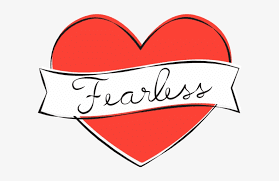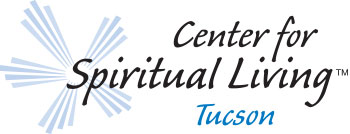The Freedom of Forgiveness
As I walked out the door toward the gate that would lead to my freedom, I knew if I didn’t leave my bitterness and hatred  behind, I’d still be in prison. Nelson Mandela
behind, I’d still be in prison. Nelson Mandela
We have thought that outside things controlled us, when all the time we have had that within that could have changed everything and given us freedom of bondage. Ernest Holmes
There are a lot of books and articles on the topic of forgiveness and plenty of advice. Some describe what forgiveness isn’t – it doesn’t mean you immediately allow the person back into your life or your heart; it is not condoning what the person did or pretending that you were not hurt; it is not trusting the offender or relieving that person of responsibility.
Forgiveness is not something we do for other people. We forgive others not because they deserve forgiveness but because we deserve peace. It’s something we do for ourselves so that we can move on and no longer experience an emotional charge when we think about what led to the resentment.
The practice of forgiveness is emotional and spiritual work, taking time and effort. It is a process, not an event. When Nelson Mandela first walked into prison, he was a very angry man. Desmond Tutu states that “it took the many years in jail, years he spent cultivating a daily practice of forgiveness, for him to become the luminous example of tolerance who was able to put our wounded country on the road to reconciliation and healing.” (The Book of Forgiving, page 218)
I have learned that I must choose to forgive. Waiting until we ‘feel like’ forgiving doesn’t usually work. Time alone does not heal all wounds, especially if we have stoked the fire of resentment. In the past I have hung on to an old resentment even though I knew I would have to release it eventually. The ego enjoys the feeling of ‘righteousness indignation’ and the manic energy of anger for a time. Yet psychologists ask us “would you rather be right? or would you rather be happy?”
Part of the ability to forgive is in recognizing that we are all human and flawed. One’s behavior is impacted by childhood experiences, culture, trauma, fear, and the like. The Prayer of St. Francis would have me seek to understand rather than to be understood. Had I been in that person’s shoes, would the words or behavior have been so unusual or unpredictable? Is my judgment impaired by self- centeredness? By a lack of compassion?
What matters is that I have a choice to change my thinking and achieve peace. “Nothing is more important than that we learn how to forgive both ourselves and others….it is impossible for us to feel relief and release from self-condemnation while we bear condemnation toward others.” (Ernest Holmes, Living the Science of Mind, page 402) Today I choose freedom by looking for any unforgiveness I am carrying. The most difficult forgiveness to achieve has been forgiving myself, influenced by a culture and religion that espoused sin, evil, hell and a punishing God. That’s a story for another day.
We must walk through the muddy shoals of hatred and anger and make our way through grief and loss to find the acceptance that is the hallmark of forgiveness. Desmond Tutu
–Linda Bullock




